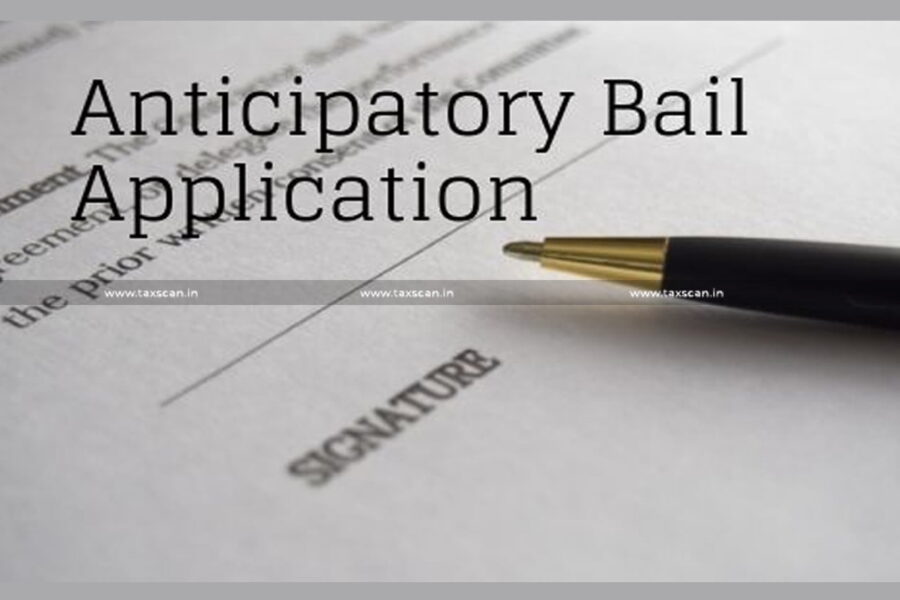Anticipatory bail is applied in anticipation of arrest. It is a direction to release a person on bail, issued before the person is arrested. If the person has a reason to believe that he might get arrested for a crime for which he has been falsely implicated, then he has the right to apply for this type of bail.
Section- 438Crpc. Direction for grant of bail to person apprehending arrest- (legal provision)
When any person has reason to believe that he may be arrested on an accusation of having committed a non-bailable offence, he may apply to the High Court or the Court of Session for a direction under this section; and that Court may if it thinks fit, direct that in the event of such arrest, he shall be released on bail.
When the High Court or the Court of Session makes a direction under sub-section (1), it may include such conditions in such directions in the light of the facts of the particular case, as it may think fit, including:
A condition that the person shall make himself available for interrogation by a police officer as and when required;
A condition that the person shall not, directly or indirectly, make any inducement, threat or promise to any person acquainted with the facts of the case to dissuade him from disclosing such facts to the Court or any police officer;
A condition that the person shall not leave India without the previous permission of the Court;
such other condition as may be imposed under sub-section (3) of section 437, as if the bail were granted under that section.
If such person is thereafter arrested without warrant by an officer in charge of a police station on such accusation, and is prepared either at the time of arrest or at any time while in the custody of such officer to give bail, he shall be released on bail; and if a Magistrate taking cognizance of such offence decides that a warrant should be issued in the first instance against that person, he shall issue a bailable warrant in conformity with the direction of the Court under sub-section (1)
In which cases anticipatory bail is granted?
The person seeking anticipatory bail should have reason to believe that they may be arrested for a non-bailable offence.
How long does it take to get an anticipatory bail?
Generally speaking, the procedure may take a few days to several weeks. In certain situations, the accused party may receive immediate bail and an interim remedy from the court while the anticipatory bail motion is being heard.
How to File an Anticipatory Bail Application-
The filing of an Anticipatory Bail is of paramount importance, the moment an individual learns of the existence of a false case against him or the likelihood of a false case being filed against him.
*The first step would be to contact a lawyer and if possible get a copy of the police complaint or First Information Report (FIR) that has been lodged against the accused with the relevant police station, as this is the first step in the process.
*The lawyer will then prepare the Anticipatory Bail Application with all the requisite pleadings and file it along with his Vakalatnama (indicating a representation of an accused) before the appropriate Court of Sessions or the High court, as the case may be.
*On hearing the representations of the lawyer representing the accused in the Anticipatory Bail Application and thereafter hearing the representations of the Public Prosecutor representing the State in the Anticipatory Bail Application, the concerned court will decide first if the Accused makes out a case for bail or not.
The court may first grant interim bail to the accused on hearing initial representations and decide to finally decide the Anticipatory bail application after final arguments are concluded.
Requirements for applicants
The concerned High Court or Court of Sessions while granting Anticipatory Bail may find it necessary to impose certain conditions upon the applicant, in light of the specific facts of a particular case. These conditions may include the following:
That the applicant must make himself available for the purpose of interrogation by the police authorities as and when necessary;
That the applicant should not directly or indirectly, make any inducement, threat or promise to any person acquainted with the facts of the case so as to dissuade him from disclosing such facts to the court or to any police officer;
That the applicant should not leave the country or a specified territory without prior permission of the court.


Their patient education resources are top-tier.
rx lisinopril
Get warning information here.
The staff is well-trained and always courteous.
how to get cheap clomid tablets
Leading with compassion on a global scale.
Everything what you want to know about pills.
where to get generic clomid prices
A one-stop-shop for all my health needs.
Their online refill system is straightforward.
can you buy cheap lisinopril prices
Leading with compassion on a global scale.
From greeting to checkout, always a pleasant experience.
can you get fluoxetine
Always ahead of the curve with global healthcare trends.